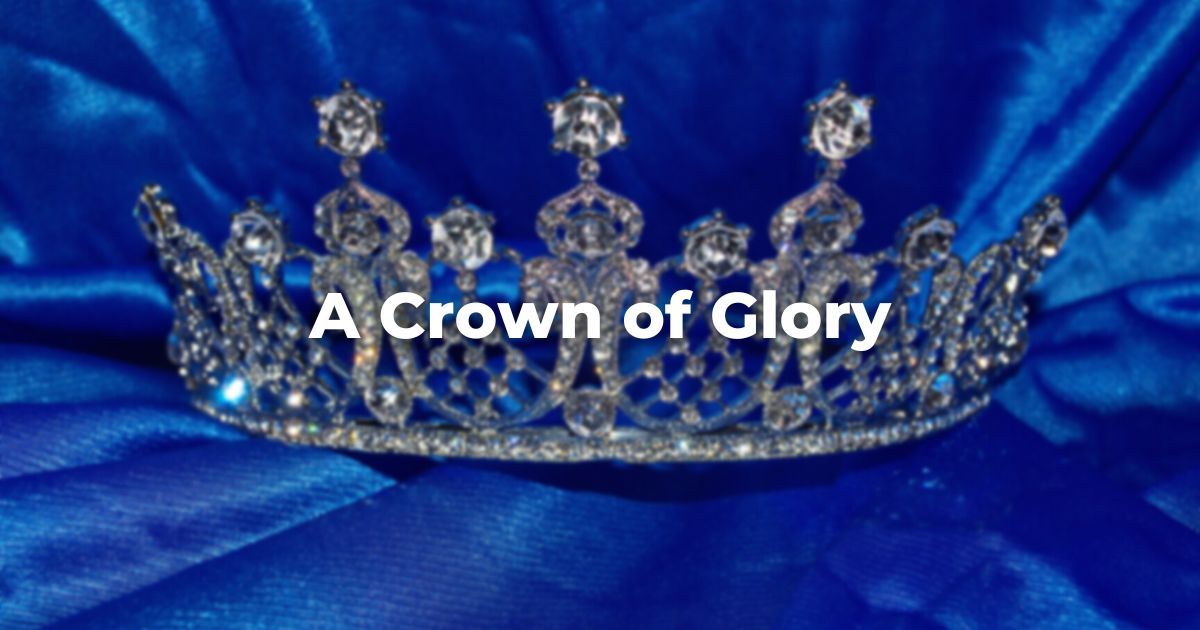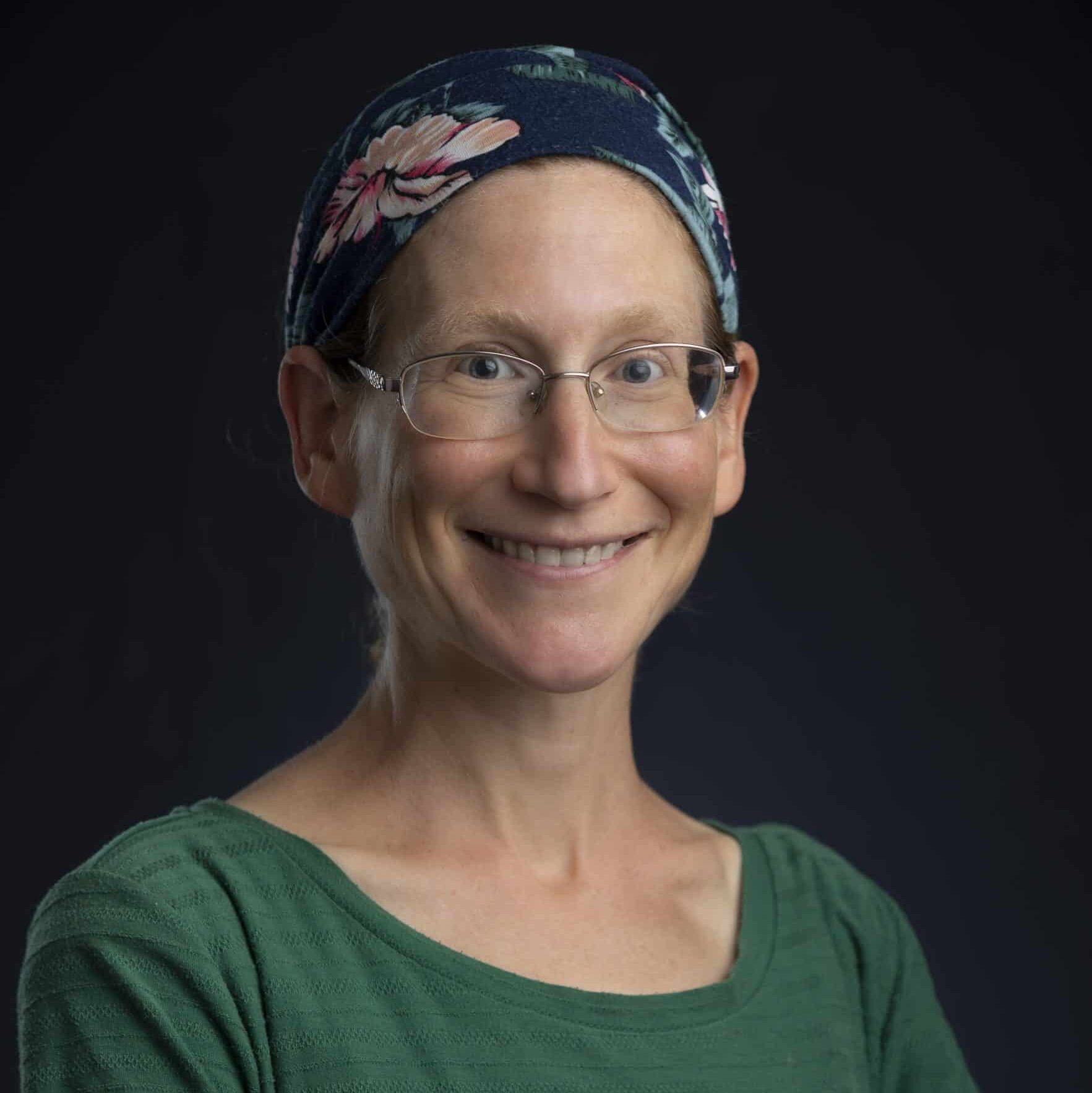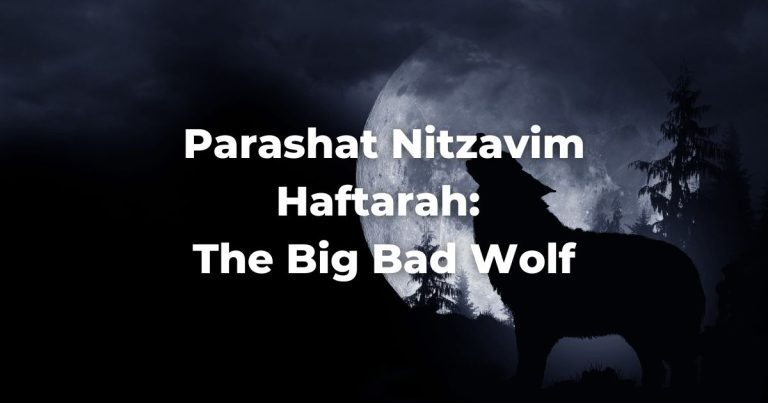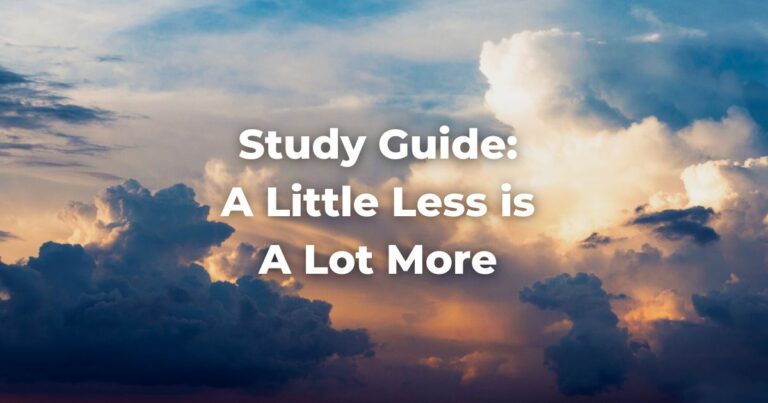Parashat Chayei Sarah describes the final years of Abraham’s life, following the death of his wife Sarah and culminating in Abraham’s own death.
Towards the opening of the parashah, we are told that “Abraham was old, advanced in years, and God blessed Abraham with everything” (Genesis 24:10). The rabbis of the Talmud and midrash note that this is the first time that anyone in the Bible is described as old.
In reflecting on the significance of Abraham’s advanced age, they offer a surprising and valuable lesson about how we grow older, and the blessings that may come with age.
The Talmudic rabbis posit that the reason Abraham was the first Biblical figure to be described as old is because he was in fact the first person ever to age: “Until Abraham, there was no old age” (Bava Metzia 87a).
And yet how could that be? Abraham died at the age of 175, which is far younger than many of the biblical figures whose lifespans were documented earlier in Genesis. Lemech lived 777 years, Metushelach—who had the longest lifespan in the Bible—died at 969, and even Noah lived to the ripe age of 950.
Abraham seems like a spring chicken in comparison.
The rabbis go on to explain what they mean by relating an anecdote: It used to be that people were constantly confusing Abraham and Isaac; they so closely resembled one another that no one could tell them apart. Anyone who wanted to speak to Abraham would mistakenly speak to Isaac, and vice versa.
Abraham was frustrated by this state of affairs, so he prayed to God for mercy; God answered his prayers by turning his hair gray and wrinkling his skin, so that everyone might know that he was the father and not the son. It seems, then, that although Abraham was not the first person to advance in years, he was the first person to bear the physical markings of age.
A parallel midrash in Genesis Rabbah 59:1 makes it clear that God was not punishing Abraham for his request; the signs of old age were a blessing bestowed upon the patriarch on account of his merits. After all, the verse that begins “And Abraham was old, advanced in years” continues with “and God blessed Abraham with everything.”
The midrash relates a story about Rabbi Meir, who once visited the town of Mamla in the lower Galilee, where he saw that everyone was “black-haired” and no one had aged.
He asks the residents if perhaps they are from the family of Eli the priest, who were cursed in the book of Samuel for their inappropriate behavior and told that “there shall never be an elder in your house” (I Samuel 2:33).
The residents do not answer Rabbi Meir’s question, but simply plead with him, “Pray for us!” Rabbi Meir tells them that if they engage in righteousness, they will merit aging, citing a verse from Proverbs 16:31: “Gray hair is a crown of glory; it is attained by the way of righteousness.”
He tells them that this is a lesson they may learn from Abraham, who merited aging because he “did what is just and what is right” (Genesis 18:19).
As this midrash suggests, anyone may live long, but it is only the righteous who merit showing signs of age.
In the Talmud the phrase hadrat panim—literally “the glory of the face”—is used to refer to a beard (e.g. Shabbat 152a), which was considered a hallmark of age, as evidenced by the semantic connection between the Hebrew words zaken (elder) and zakan (beard). An elder is someone whose face is glorified with a beard, based on the biblical injunction, “You shall rise before the aged and show deference to the elderly” (Leviticus 19:32).
In this verse, the term for “aged” (שיבה) literally means “white-haired,” another indication that signs of age are an indicator of merit.
No wonder, then, that when the eighteen-year-old Rabbi Elazar ben Azarya was offered to become the head of the Sanhedrin in a popular rabbinic story (Berakhot 28a), his wife told him it would be inappropriate because “you have no white hair.”
The Talmud relates that a miracle transpired for him and he sprouted eighteen rows of white hair overnight, securing him the distinguished post.
The rabbinic focus on the outward signs of age seems to overlook many of the less appealing conditions that often accompany old age.
It is all very well and good to glorify beards and white hair, but what about illness and suffering?
The rabbis point out that illness afforded Jacob time to take proper leave of his family before he died, reminding us to number our days wisely (Bava Metzia 87a). They add that that until the time of the biblical prophet Elisha, everyone who fell ill went on to die; Elisha was the first person to fall ill and then heal.
Thus illness in old age is not so much a signifier that death is in the wings as it is a reminder to use our time well.
In our own time we celebrate youth and vigor and fear aging as a curse. As people get older, they dye their hair to cover the gray, smooth their wrinkles with anti-aging cream, and sometimes resort to cosmetic surgery so that their faces look decades younger.
And yet for the ancient rabbis, aging was a sign of blessing. The ultimate goal was not to look like one’s grandchildren, but to live long enough to meet that next generation. Ureh vanim l’vanecha – “May the Lord bless you from Zion, may you share the prosperity of Jerusalem all the days of your life and live to see your children’s children” (Psalms 128:5-6).
See more: Parashat Chayei Sarah
Originally posted as part of the Conservative Yeshiva at the Fuchsberg Jerusalem Center’s Torah Sparks. Support Torah learning from the Fuchsberg Jerusalem Center/Conservative Yeshiva for leaders and seekers around the world here.
Authors
-

Ilana Kurshan teaches Talmud at the CY. She is the author of If All the Seas Were Ink (St. Martin’s Press, 2017) and Why is This Night Different From All Other Nights (Schocken, 2005). She has a degree in History of Science from Harvard and in English literature from Cambridge, and has worked in literary publishing both in New York and in Jerusalem – as a translator, a foreign rights agent, and as the Books Editor of Lilith Magazine. Since October 2020, Ilana has been a regular contributor to Torah Sparks, FJC’s weekly parashat hashavuah blog.
-



The Fuchsberg Jerusalem Center (FJC) is a home in the heart of Jerusalem where leaders and seekers can find an authentic place in Jewish tradition to call their own. FJC offers opportunities to study, pray and explore within an egalitarian and inclusive setting, creating multiple pathways for finding personal and communal meaning.




